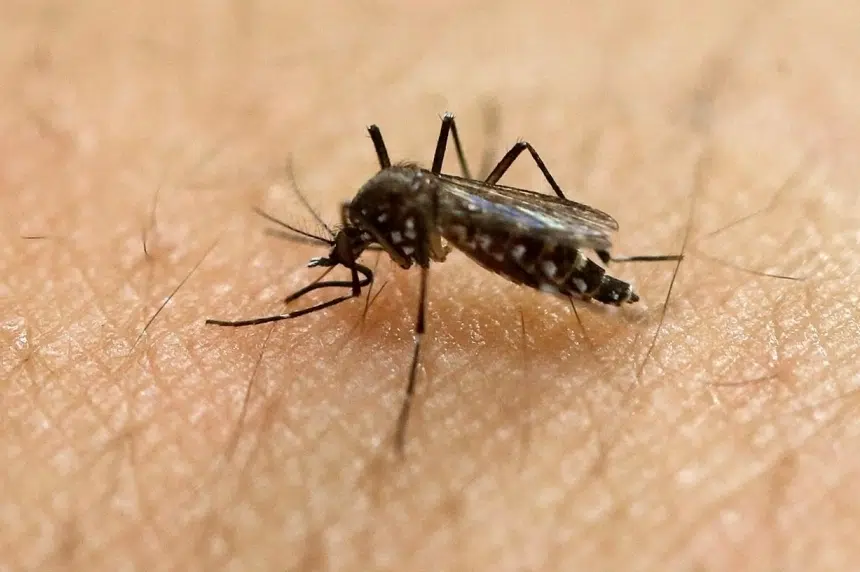One person in Saskatchewan has tested positive for Zika virus after traveling to a Zika-infected country.
Saskatchewan’s chief medical health officer, Dr. Saqib Shahab, provided an update to the media Friday morning. The province did not release any details about the age, gender, medical status or location of the person, or exactly which country he or she may have traveled to. Shahab explained that these details are not relevant because the risk of infection is still very low in the province.
The Aedes mosquito that carries the Zika virus is not present in Canada at all. It is possible to transmit the disease through blood donations and in rare cases, through unprotected sex.
For most people who plan to travel to countries in South and Central America or the Caribbean, the risk of infection is still quite low, especially if you stay on a resort. Travelers are advised to take precautions and protect themselves against mosquitoes.
The real concern is for pregnant women because Zika virus has been known to be linked to microcephaly and other birth defects in babies.
“In 80 per cent of cases it is asymptomatic, so there is no need to get tested if you are not pregnant,” Shahab said.
Women who are pregnant or planning to become pregnant are advised to put off traveling to 48 different countries where Zika virus is known to occur. Even without symptoms, pregnant women who have recently returned from one of those countries are advised to talk to their doctor about getting tested.
“If you or your partner are pregnant, use a condom for the duration of the pregnancy if you or your partner have traveled,” Shahab explained.
Pregnant women who have potentially been exposed also may require closer monitoring throughout the pregnancy.
With the exception of the risk to unborn babies, the Zika virus causes a mild acute symptoms including: rash, mild fever, joint pain and pain in the back of your eyes. Symptoms usually present within a maximum of 14 days after returning from travel. The infection normally does not require hospitalization and symptoms usually only last for a week.
People who have traveled to any of the countries on the list will not be allowed to donate blood for at least 21 days after their return.







